How To Take Care Of Your Skin Before You Sleep
Get the most out of that beauty sleep with practical tips for your nighttime routine.

Your skin can reveal if you have not got enough sleep. It is because your sleep quality is closely connected to the way your skin works. Though we all know we should take care of the skin before sleep, we are still not sure what to do in terms of skin care while sleeping.
This article can be a guide to solve all your queries related to the association between sleep and skin care. It also discusses how to take care of your skin before going to bed and more. Keep reading.
In This Article
Things You Don’t Realize Are Happening To Your Skin While You Sleep
Have you ever wondered what the connection is between sleep and skin? Let’s explore the various processes to understand how lack of sleep can cause acne and other related problems.
1. The Skin Cells Regenerate
While you catch your beauty sleep, your skin is regenerating its cells. Your skin goes into repair mode at night and creates newer cells. This is when your skin can really use an extra boost of nutrients, making a nighttime skin care routine all the more important.
2. Your Skin Becomes More Permeable
As stated earlier, your skin is known to become more permeable at night. This makes it an excellent time to apply ingredients like glycolic acid or retinol for maximum benefit. The lack of sunlight also prevents the breakdown of these ingredients, thereby preventing irritation.
3. Your Skin Loses Moisture
Sebum production tends to be lower when you are asleep, making your skin dry and more prone to dehydration. Transepidermal water loss (TEWL) may also increase during the evening and night, further drying out your skin out.
4. It Is Free From Stress
When you sleep, your mind takes a break from all the stress of your waking life. As a result, there is a change in the levels of cortisol and other hormones in the body, which energizes your skin for repair.
But lack of sleep can lead to higher levels of cortisol, which, in turn, may result in a pro-inflammatory state. For some people, this can cause puffed-up eyes and a swollen face in the morning.
 Quick Tip
Quick Tip5. May Become More Prone To Acne
If you want to learn the actual relationship between sleep and acne, you must first figure out the true cause of your acne. It is said that if you have dry skin, lack of proper nighttime moisturization may cause breakouts. However, there is not enough scientific research to prove that there is a link between sleep and acne.
Now that you know what happens to your skin while you sleep, let’s check out the best daily skincare routine you can follow before going to bed.
Key Takeaways
- Sleeping improves your skin’s permeability but makes it prone to acne and moisture loss.
- Use a good night cream and cleanse your face before sleeping to keep your skin healthy.
- The right pillowcases and a good night’s sleep can help rejuvenate your skin.
Best Skin Care Routine Before Bed
After a long day at work, you just want to dive into bed and go straight to sleep. However, sleeping with makeup on or not washing the dirt off your face can cause long-term skin issues like acne and clogged pores.
Sleeping with a clean face is important, but you may not know exactly how to care for your skin before going to bed. Take a look at some easy beauty tips before bed to care for your skin:
1. Double Cleanse Your Face
If you apply any amount of makeup, double cleansing will be the game changer in your nighttime skin care routine. This is a common method in Korean skin care in which you cleanse your face twice with different types of cleansers.
First, use an oil-based cleanser that will help break down the makeup pigments and polymers and remove every last bit of your makeup. This is especially useful for getting rid of waterproof eyeliner or mascara, which cannot be removed with soap and water.
Next, use a water-based cleanser to wash your face and remove the excess oil. This has the double advantage of removing every bit of dirt and simultaneously moisturizing your skin.
2. Steam, Shower, Or Use Warm Water
The next step is to treat your face to a little bit of warmth with either steam, a hot shower, or using warm water to clean your face. This helps open up your skin pores, enabling better removal of impurities and also better absorption of your skin care products.
If you do not have the time to steam your face, just take a nice hot shower and let your face soak in the steam before you let it get wet. Another easy way to open the pores is to soak a towel in water and microwave it to make it warm. Now place this warm towel over your face for similar results. Ensure you wash this towel daily with detergent and liquid disinfectant after every use.
3. Exfoliate Every Few Days
If you are wondering about how often should you exfoliate your skin, the easy night beauty tip is to exfoliate once every few days. Exfoliating your skin will get rid of any dead skin cells that make it look dull. It can also remove blackheads and whiteheads and keep your skin free from excess oil.
You may use a mechanical or chemical exfoliant, depending on your skin type and concerns.
4. Apply Night Creams And Serums
DIY night creams and serums are specially formulated with more potent ingredients that are best applied before going to sleep. Your skin absorbs these products better at night due to increased permeability. There are many DIY night creams for beautiful skin that you can try for better results.
The lack of sunlight also makes it a good idea to apply serums with potent ingredients like retinol that help in faster cell regeneration before going to bed. These serums may otherwise cause photodamage to your skin if you apply them during the day and step out into the sun. While your skin is rejuvenating at night, the nutrients from your moisturizers, serums, and face oils can help you achieve healthy skin.
5. Hydrate Before Sleep
Your skin looks and feels healthy when it is properly hydrated. Keeping your skin hydrated not only affects its texture and appearance but also makes it more resilient to damage.
Make sure you drink at least a glass of water before going to bed. This will keep you from getting dehydrated during the night when your skin loses moisture while sleeping. You can also use a humidifier to maintain optimum levels of humidity in the room. This will prevent excess dehydration, especially in dry climates and winters.
One of the most important things to do when taking care of your skin is to be consistent. If you diligently follow a simple routine, your skin stays healthy and recuperates from any damage.
 Trivia
TriviaWhile following a dedicated nighttime routine is recommended, you can develop some other simple habits to take care of your skin. Read on to know more.
Ways to Care for Your Skin Before Bedtime
These easy-to-follow habits will make all the difference in your skin care routine, giving you healthier skin that you will absolutely love:
1. A study published in the Aesthetic Surgery Journal has shown that there is a clear link between sleep and wrinkles. Bad sleeping positions can cause certain specific wrinkles on your face. By developing a habit of sleeping on your back, you can prevent the formation of wrinkles.
2. Change your pillowcases regularly. Over time, your pillowcase can collect dust and bacteria, resulting in clogged pores and acne.
As part of a study on adolescents’ knowledge and beliefs about acne, 2036 students were surveyed. 45.3% recognized acne as a medical problem. 23.1% perceived it as a cosmetic problem, while 10% considered it as a normal condition for their age. 54.7% relied on non-expert recommendations for anti-acne products, and only 18.5% had ever consulted with a dermatologist.
3. Do not mix acids and retinol in your nighttime skin care regimen. They must be used on separate days and only at night.
4. Stay away from blue light (from TV, laptop, phone, and tablet screens) before going to sleep. Anecdotal evidence suggests that blue light exposure can cause hyperpigmentation and redness.
5. Use a silk pillowcase, especially if you have sensitive skin. It can eliminate the chances of irritation or abrasion caused by harsh fabrics. A silk pillowcase will also prevent any sleep marks on the face.
6. If you have dry skin, use a herbal or gentle sleep mask to provide extra nourishment and hydration to your skin, especially in the dry winter months.
7. Sleep and skin health are related closely to each other. Therefore, it is best to get at least 8 hours of restful sleep every day for improved skin.
Your skin and sleep are inextricably linked. If you have recurrent, unexplained breakouts, wrinkles, or dull skin, your sleeping patterns likely need to be improved. At night, your skin undergoes a rejuvenation process. As a result, taking care of it before going to bed is critical. It keeps your skin looking not only young but also smooth.
Taking care of your skin does not have to be a time-consuming task. Be it night or day, following a daily skincare routine is vital for glowing and healthy skin. You can take good care of it and improve its general health by following a few simple steps. A few minutes of your time each night can make your skin glow all year round!
Frequently Asked Questions
Is it better to do skin care in the morning or night?
You must have different skincare routines for the morning and night. This is because the morning skincare routine focuses more on cleansing, moisturizing, and protecting the skin from the UV rays. Your nighttime skincare routine focuses more on repairing and rejuvenation of the skin.
What is the best time to sleep for the skin?
There is no ideal time to sleep for the skin. Since the skin repairs itself while you sleep, getting seven to eight hours of sleep is important for healthy skin.
Can sleeping early cure acne?
Currently, no research indicates that sleeping early can cure acne. However, lack of quality sleep may aggravate your acne (6). Ensure that you get a good quality of sleep to manage your acne.
Does sleeping late affect the skin?
Sleeping late and not getting enough quality sleep can lead to reduced skin elasticity and skin hydration, and an impaired skin barrier (7).
Join in on the secrets to achieving radiant, smooth skin in the following video. It shares tips, products, and a step-by-step nighttime skincare routine that promises a glowing complexion. Check out the video now!
References
Articles on StyleCraze are backed by verified information from peer-reviewed and academic research papers, reputed organizations, research institutions, and medical associations to ensure accuracy and relevance. Read our editorial policy to learn more.
- Biological Rhythms in the Skin
https://www.ncbi.nlm.nih.gov/pmc/articles/PMC4926335/ - Therapeutic Implications of the Circadian Clock on Skin Function
https://jddonline.com/articles/dermatology/S1545961614P0130X - Time-Dependent Variations of the Skin Barrier Function in Humans: Transepidermal Water Loss Stratum Corneum Hydration Skin Surface pH and Skin Temperature
https://www.sciencedirect.com/science/article/pii/S0022202X15373590 - Sleep and Inflammation
https://onlinelibrary.wiley.com/doi/pdf/10.1111/j.1753-4887.2007.tb00371.x - Sleep Wrinkles: Facial Aging and Facial Distortion During Sleep
https://academic.oup.com/asj/article/36/8/931/2613967 - The Relationship between Sleep Quality and Students’ Acne Vulgaris Severity at Medical Faculty Universitas Kristen Indonesia
https://academic.oup.com/asj/article/36/8/931/2613967 - The Effects of Sleep Deprivation on the Biophysical Properties of Facial Skin
https://www.researchgate.net/publication/314298163_The_Effects_of_Sleep_Deprivation_on_the_Biophysical_Properties_of_Facial_Skin
Read full bio of Dr. Seepika Jaiswal
Read full bio of Arshiya Syeda
Read full bio of Ramona Sinha
Read full bio of Monomita Chakraborty






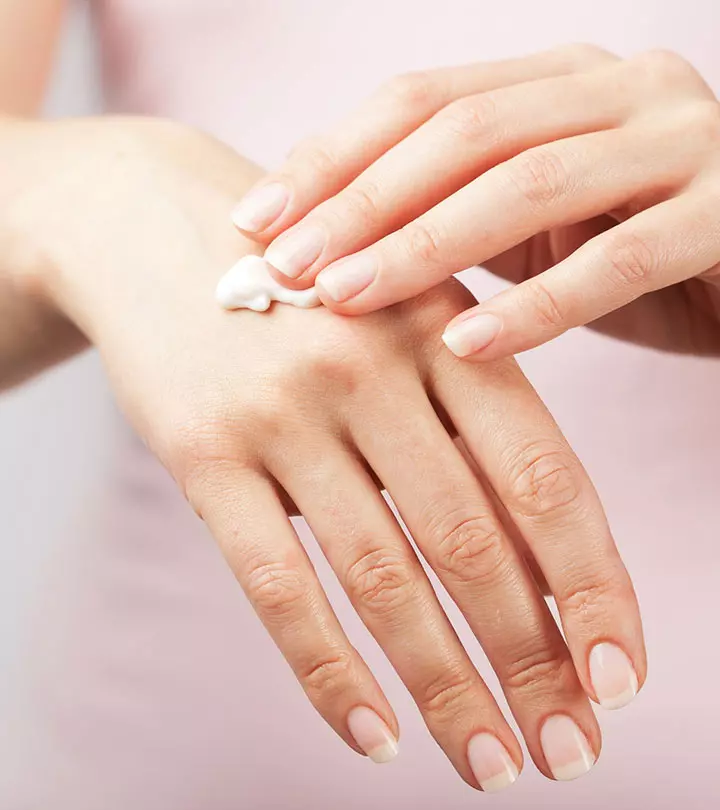





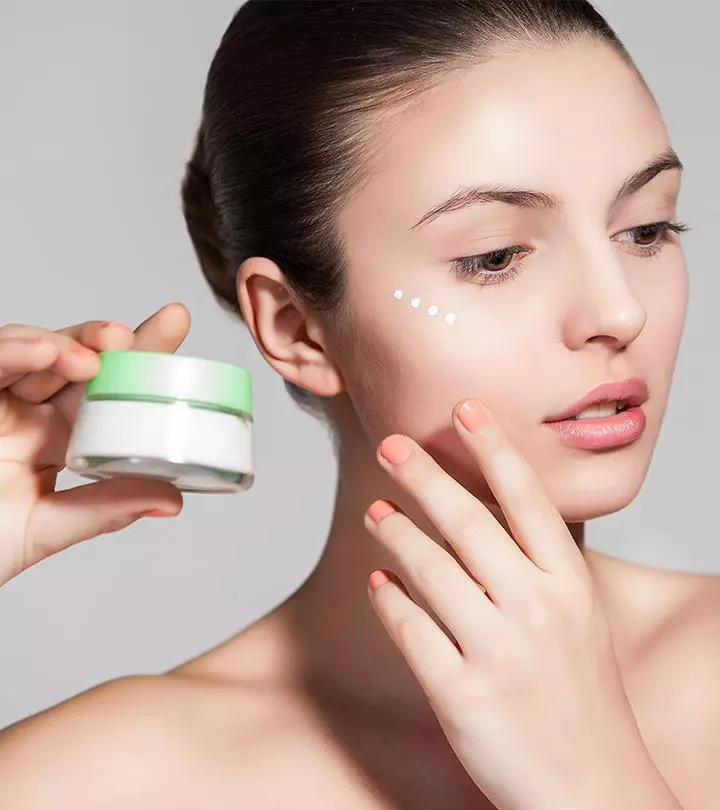

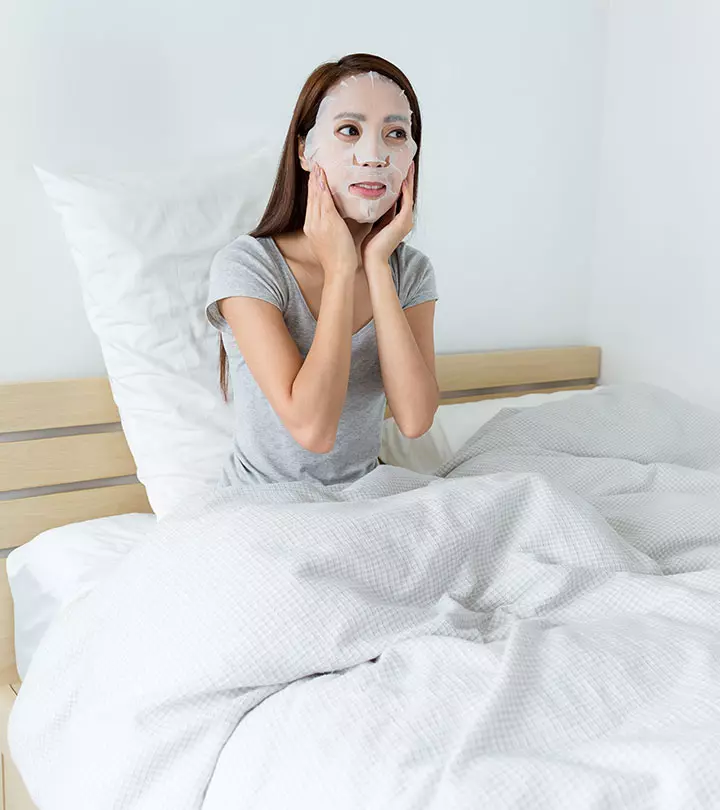

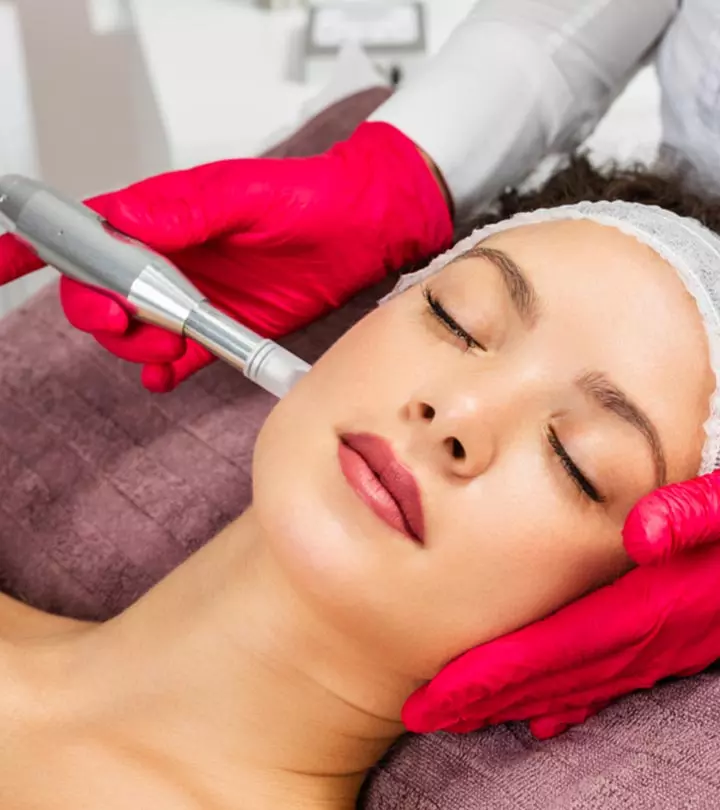
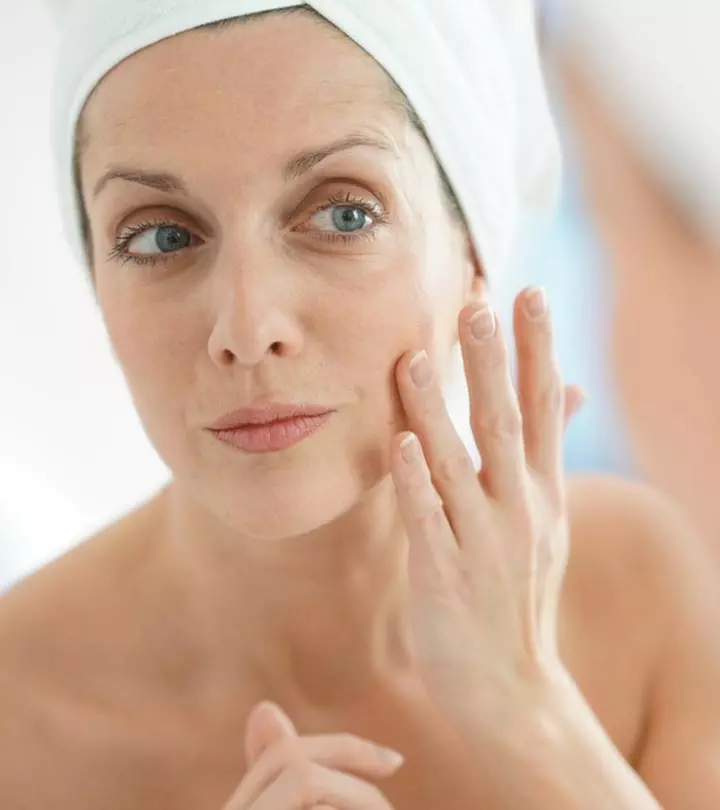
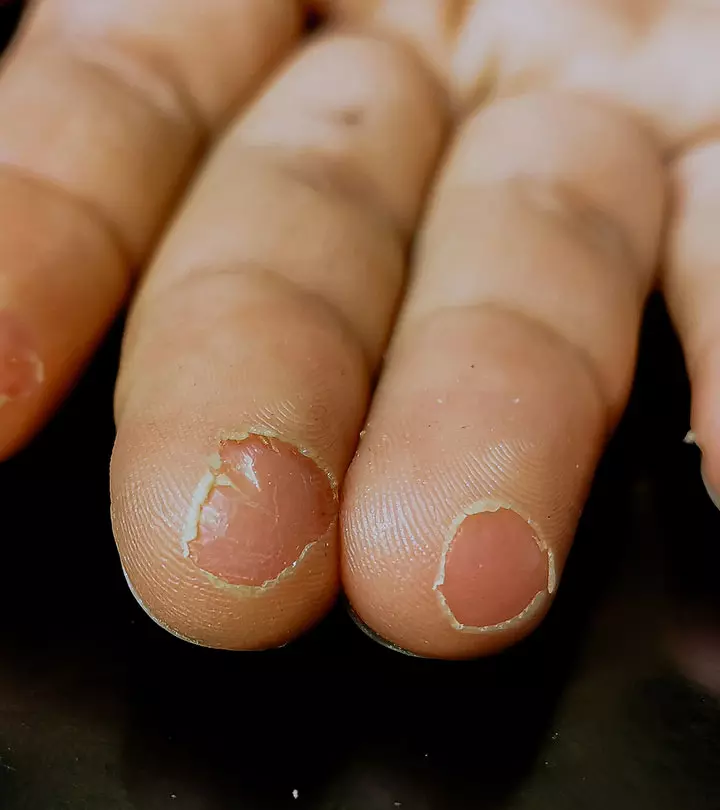

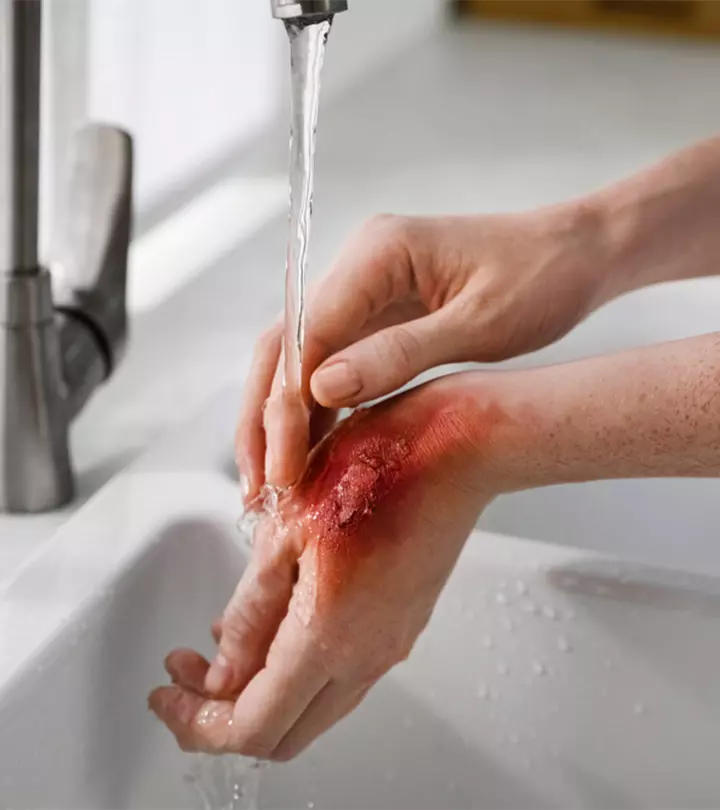

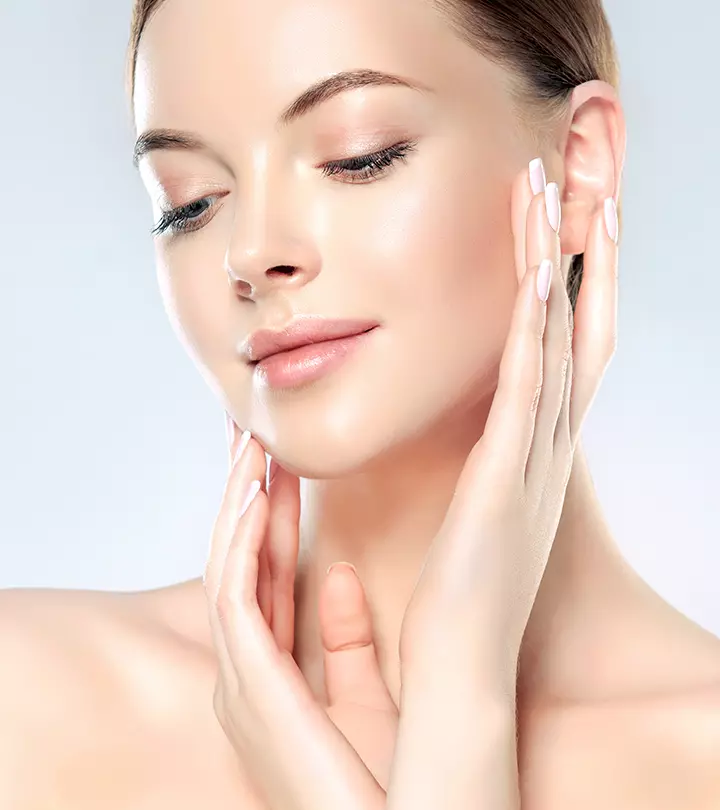
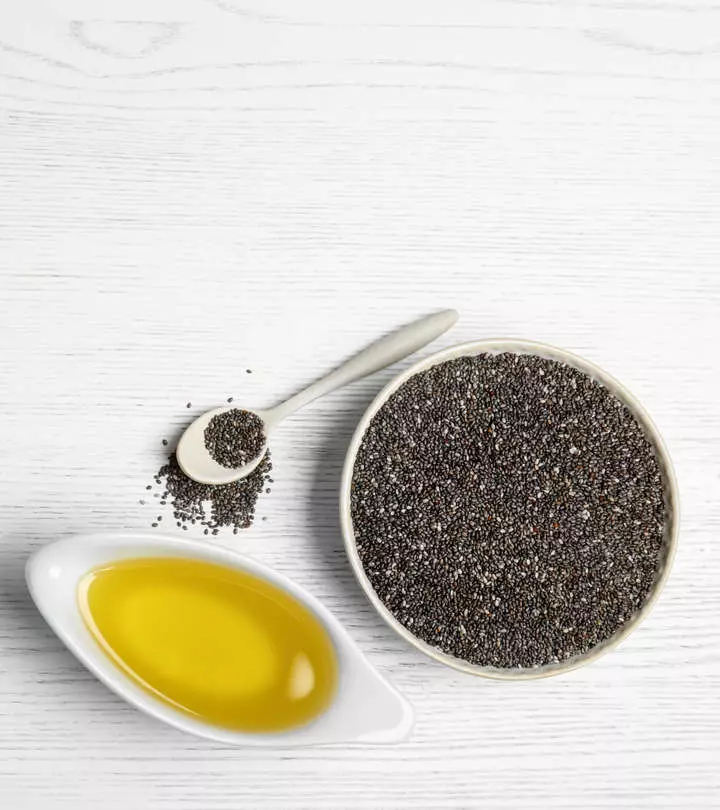

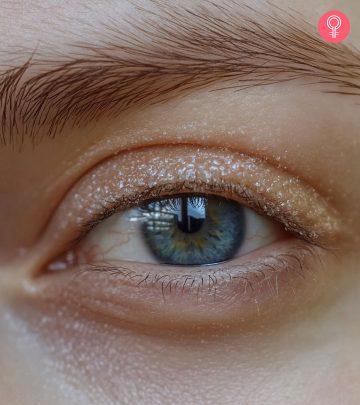
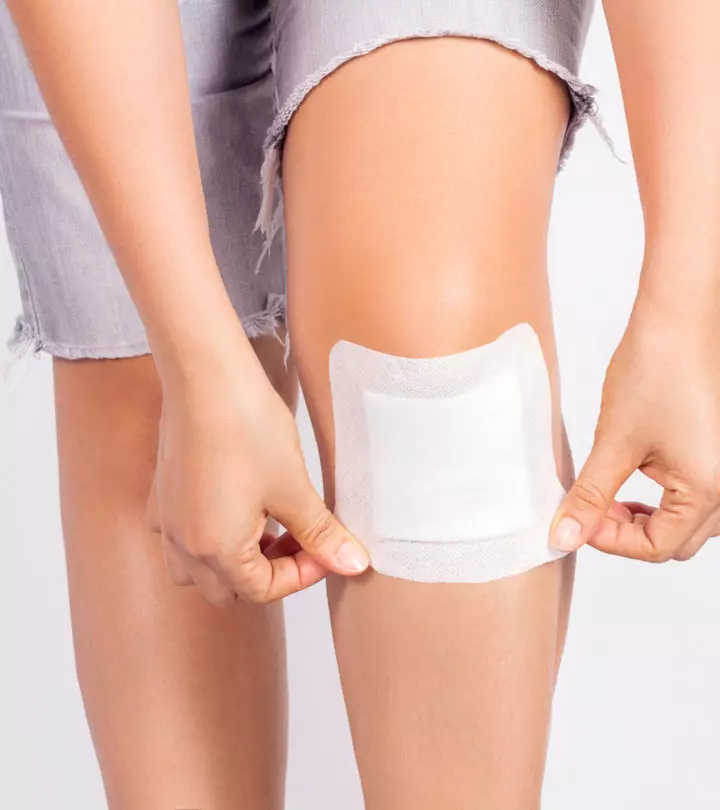

Community Experiences
Join the conversation and become a part of our empowering community! Share your stories, experiences, and insights to connect with other beauty, lifestyle, and health enthusiasts.